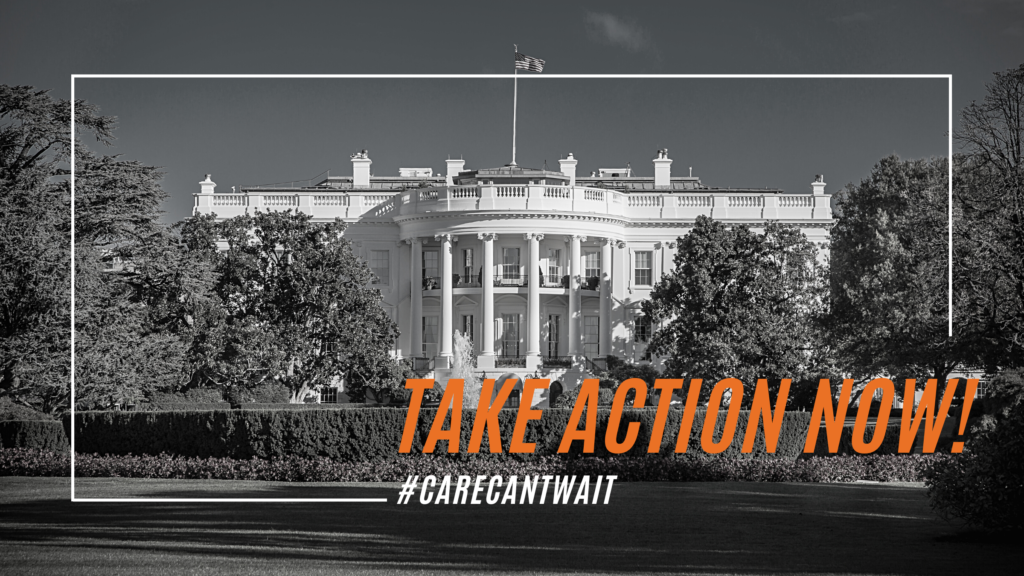
On Friday the House of Representatives passed a version of the Build Back Better plan that included significant investments to home and community-based services that support people with disabilities and their families. Among other critical investments, the plan includes $150 billion over ten years to help improve access to supports and services, which can include the hiring and retaining of direct support professionals.
Advocacy from the community is now more important than ever as the package goes to the Senate. MAKE YOUR VOICE HEARD!
Summary of Disability Policy Provisions in Build Back Better as passed by the House, November 19, 2021:
Home and Community-Based Services
-
- $150 billion over 10 years for home and community-based services (HCBS) to eliminate waiting lists for services and bolster pay for direct care workers
- Making the Money Follows the Person program permanent to help people with disabilities who want to leave congregate care and transition to live in their own home and community with supportive services
Education and Child Care
-
- $390 billion investment in universal pre-school for all 3- and 4-year-olds
- $160 million investment in IDEA Part D (legislation that ensures students with disabilities are provided with free, appropriate, tailored education) to help develop personnel working with students with disabilities
- $25 million investment for behavioral health needs for people with intellectual and developmental disabilities
- Families earning up to 250% of the state median income will not have to pay more than 7% of their income on childcare
- States will need to create plans that prioritize increasing access to inclusive childcare and pre-school programs for children with disabilities
Housing
-
- $150 billion investment in affordable housing supports, including funding for vouchers, rental assistance, and other public housing improvements
- The proposed funding for new vouchers is estimated to help 138,000 people with disabilities receive affordable, accessible housing
- The proposal also includes a $100 million investment in the Section 811 and 202 programs for people with disabilities and seniors to provide rental assistance to create more supportive housing
Paid Leave
-
- 4 weeks of guaranteed paid and medical leave for all workers, which will help people with disabilities take time off for medical reasons and will help family members to provide care for a loved one without risk of losing their job
Child Tax Credit
-
- Extending the Child Tax Credit (CTC), which provides more than 35 million households up to $3,600 per year in tax cuts per child; the proposed legislation will extend this program for the year of 2022, providing payments to nearly 90% of American children
- The legislation includes permanent refundability for the CTC, meaning that the neediest families will continue to receive the full CTC over the long run
Earned Income Tax Credit
-
- Extending the Earned Income Tax Credit (EITC) for around 17 million low-wage workers, which will help low-wage childless workers, many with disabilities, who have previously been taxed into deeper poverty
SSI Reforms
-
- Extend SSI to residents of Puerto Rico and other U.S. territories, which would finally eliminate a critical gap in SSI coverage and provide access to SSI for hundreds of thousands of US citizens with disabilities who live in U.S. territories
Health Care
-
- Permanently expanding Medicaid eligibility to millions of Americans who previously fell within the Affordable Care Act (ACA) coverage gap; closing this coverage gap will allow up to 4 million uninsured Americans to gain access to coverage
- Expanding hearing benefits to the traditional Medicaid program
